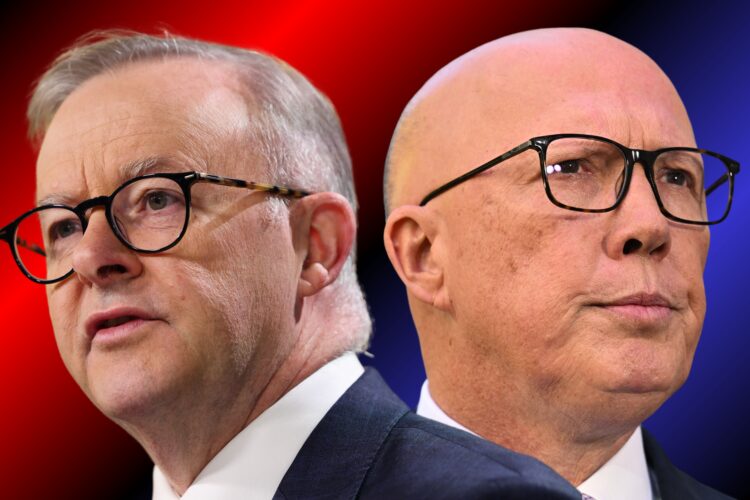The debate tonight looks set to all be around who will manage Trump better. The way the debates work, the campaigns usually go quiet in the afternoon so they can prepare.
Dutton is trying to set up a few things; one that he would manage a Trump led world better, and two that he would manage the domestic economy better.
But the problem with that, is that given how in flux the world is, people are looking to boring. Boring is looking stable and dependable. If you speak to some people in Labor, they feel like their ‘boring’ approach (they would call it steady) has been under appreciated and that the times may actually see more voters swinging back to Labor.
Labor is using that to push for a majority government. At this point in the game, minority is still the most likely outcome, but Labor is feeling better about some of its Victorian and outer suburban seats, which may see it come across the line.
As George Megalogenis says in his most recent Quarterly Essay, Victoria and NSW will decide the election – but not just the outer seats, the teal ones that the Liberal party is not working to capture.

